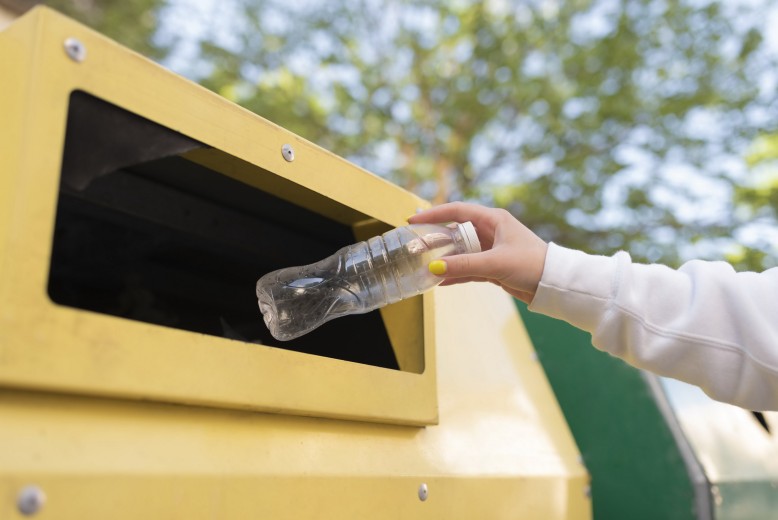On the way to a clean environment and circular economy: DTEK Grids sent over a thousand tons of waste for reuse

Despite the difficult situation in the country, DTEK Grids DSO do not stop caring about the environment. The companies implement a production waste management program based on European circular economy principles. DSO sort waste by type and send it for recycling for further reuse. During the first half of 2022, the companies have collected 4,800 tons of waste and sent 22% of it for recycling for further reuse. The rest – to the specialized landfills for further placement.
“DTEK continues to develop the grids using modern digital technologies and based on the sustainable development principles. This includes a production waste management policy. We sort the waste that can be recycled for further reuse and hand it over to the specialized companies. This way we help minimize negative impact on the environment and save natural resources,”
– notes Elena Potapenko, chief ecologist at DTEK Grids.
To store and sort waste materials there is a special system functioning in the companies. There are over 2,000 waste sorting containers installed at the production sites. DSO sort production waste by 40 types: glass, waste paper, polymers, reinforced concrete materials. The purpose is to send waste materials for recycling instead of piling it up at the landfills.
Reinforced concrete poles is the main type of Distribution System Operators’ activity waste. This waste is sent for recycling for further reuse at the construction, including production of crushed stone and rebar.
Additionally, DTEK Grids Distribution System Operators implement measures that help reduce waste generation. Since 2019, the companies do not purchase mercury-containing lamps. When incandescent bulbs and energy-saving bulbs fail, they are replaced with LED ones. The companies plan to give up using mercury-containing lighting devices completely by 2025.
DTEK Grids Distribution System Operators teach all its employees how to responsibly consume resources, sort waste and forward it for disposal not only at work, but also at home. A “zero waste” information campaign is systematically carried out at the enterprises.

